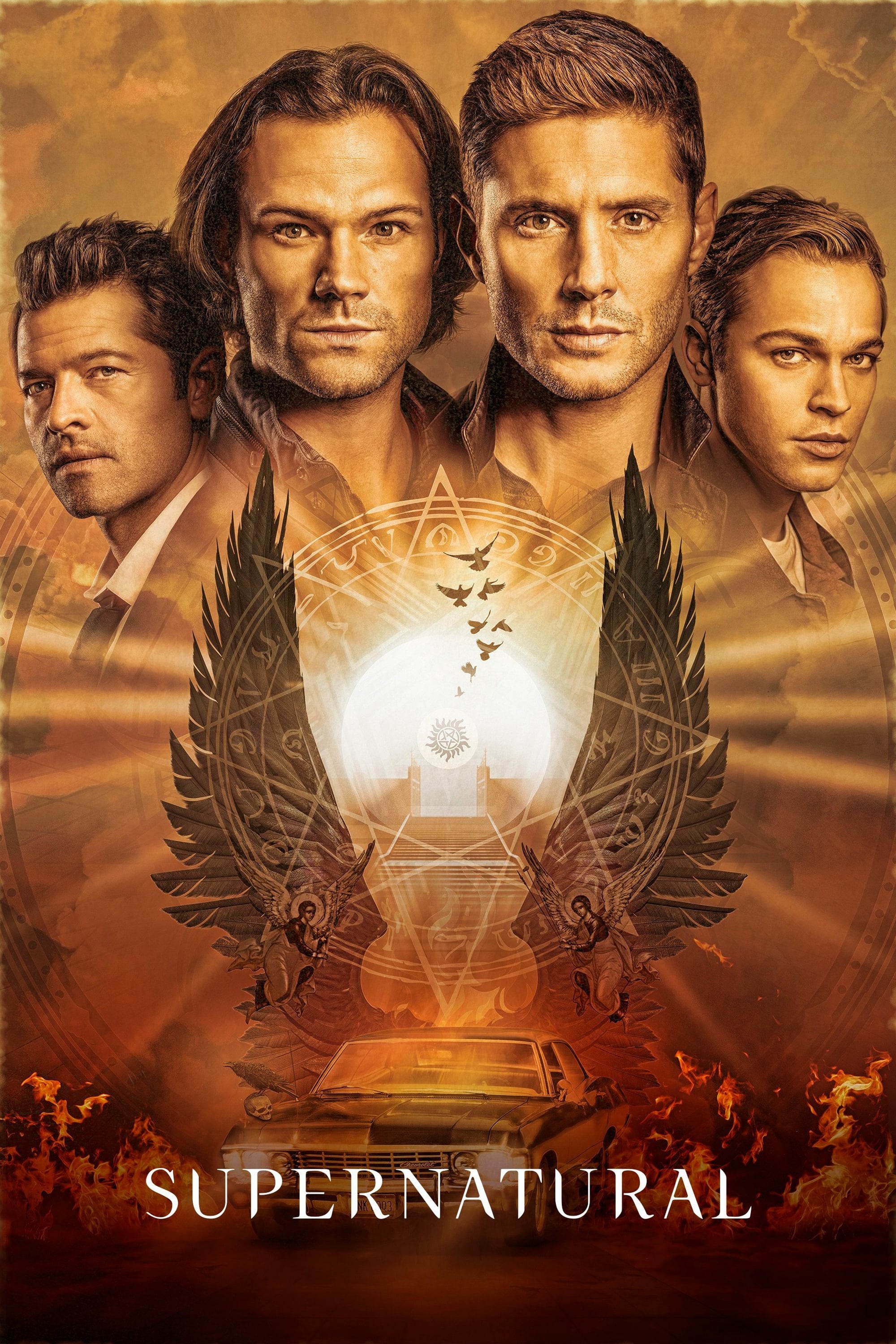![Maria Callas, Fiorenza Cossotto, Irene Companeez, Ivo Vinco, Pier Miranda Ferraro, Piero Cappuccilli, Leonardo Monreale, Carlo Forti, Renato Ercolani, Aldo Biffi, Bonaldo Giaiotti, Coro e Orchestra del Teatro alla Scala di Milano, Antonino Votto - Ponchielli: La Gioconda (1959) [Official Digital Download 24bit/96kHz] Download](https://i0.wp.com/imghd.xyz/images/2022/10/06/0825646254057_600.jpg?resize=500%2C500&ssl=1)
Maria Callas, Fiorenza Cossotto, Irene Companeez, Ivo Vinco, Pier Miranda Ferraro, Piero Cappuccilli, Leonardo Monreale, Carlo Forti, Renato Ercolani, Aldo Biffi, Bonaldo Giaiotti, Coro e Orchestra del Teatro alla Scala di Milano, Antonino Votto – Ponchielli: La Gioconda (1959)
FLAC (tracks) 24 bit/96 kHz | Time – 02:46:31 minutes | 3,27 GB | Genre: Classical
Studio Masters, Official Digital Download | Digital Booklet, Front Cover | © Warner Classics
Maria Callas sang the role of Gioconda on stage a total of 13 times – five in 1947, eight more in 1952–3. It may therefore come as a surprise that Ponchielli’s ironically named street singer played such a pivotal role in the soprano’s life and career. After numerous setbacks in her effort to launch an American career in the mid-1940s, Callas struck gold when she auditioned for retired tenor Giovanni Zenatello, searching for a protagonist for a Gioconda he was casting for the Verona Arena’s summer season of 1947. The 23-year-old soprano got the part, and during those performances met two men who changed her life – Giovanni Battista Meneghini, whom she married, and Maestro Tullio Serafin, who became her artistic mentor. Fast forward five years, and we find Callas recording Gioconda, her first complete opera release, and another seven years to sessions for this more artistically mature second studio Gioconda – during which time she announced her separation from Meneghini, mentioning her ‘profound friendship’ with Aristotle Onassis.
(more…)

Maria Callas, Giuseppe Di Stefano, Tito Gobbi, Nicola Monti, Rolando Panerai, Coro e Orchestra del Teatro alla Scala di Milano, Tullio Serafin – Ruggero Leoncavallo: I Pagliacci (1954/2014)
FLAC (tracks) 24 bit/96 kHz | Time – 01:12:49 minutes | 717 MB | Genre: Classical
Studio Masters, Official Digital Download | Front Cover | © Warner Classics
The role of Nedda in Leoncavallo’s verismo classic never entered Callas’s stage repertoire, and so her recording made with the forces of La Scala, Milan, between 12 and 17 June 1954 represents one of her explorations of an opera made purely within the confines of the studio, rather than developing over a period on the stage. But as in all such cases – this was the first time she recorded a role she had not previously sung – Callas’s desire to explore it to the fullest remains paramount. There is a complete identification between singer and character, down to the smallest detail, that make her Nedda an unusually complex creation that grows throughout the opera as she responds to its desperate emotional thrills and spills.
Read more
Maria Callas, Coro e Orchestra del Teatro alla Scala di Milano, Tullio Serafin – Puccini: Manon Lescaut (1957/2014)
FLAC (tracks) 24 bit/96 kHz | Time – 02:00:44 minutes | 1,24 GB | Genre: Classical
Studio Masters, Official Digital Download | Front Cover | © Warner Classics
1957, only three days after the company had completed Turandot. On vinyl the sound was not an unqualified success – perhaps one reason, combined with anxiety about some of Callas’s unsteadier top notes, why the original release was delayed for three years. These problems seemed to vanish, however, once the recording was digitally remastered for CD. Manon is one of four roles – the others being Nedda, Mimì and Carmen – that Callas recorded without having sung them on stage. This does not seem from her performance to have been any barrier to her accustomed method of plundering both music and text of a role new to her for psychological insights. Such interpretative understanding led Callas to present Manon throughout as the simple country girl. This holds whether she is precisely observing Puccini’s frequent ‘con semplicità’ instruction in Act I, transparently acting her new social position as Geronte’s kept woman, yielding to flaming passion at the return to her life of Des Grieux (both Act II) or dying in the Louisiana desert (Act IV). In this final scena, ‘Sola, perduta, abbandonata’, Callas finds the same uncanny empty tone in her voice that she used for other characters on the verge of death, in particular Mimì and Violetta.
The score of Manon Lescaut is frequently criticised for the supposed incoherence of its libretto (no fewer than six hands were involved, including Leoncavallo and Puccini himself) and its over-the-top immaturity. But Callas is careful throughout to reserve her emotional outbursts for where they will best tell a story whose almost filmic gaps anticipate later Puccini. Her way of doing this was often to isolate and concentrate on certain phrases within a set-piece. ‘Un freddo che m’agghiaccia’ catches the freezing cold of Manon’s feelings about loveless aristocratic life, ‘tu, tu, amore tu’ her feelings for Des Grieux (both in Act II) and ‘terra di pace mi sembrava questa’ (‘this seemed a peaceful land to me’) her hopes for salvation even in her final exile. –MIKE ASHMAN, 2014
![Maria Callas, Franco Corelli, Christa Ludwig, Nicola Zaccaria, Piero De Palma, Edda Vincenzi, Coro e Orchestra del Teatro alla Scala di Milano, Tullio Serafin - Vincenzo Bellini: Norma (1960/2014) [Official Digital Download 24bit/96kHz] Download](https://i0.wp.com/imghd.xyz/images/2022/08/29/0825646254040_600.jpg?resize=500%2C500&ssl=1)
Maria Callas, Franco Corelli, Christa Ludwig, Nicola Zaccaria, Piero De Palma, Edda Vincenzi, Coro e Orchestra del Teatro alla Scala di Milano, Tullio Serafin – Vincenzo Bellini: Norma (1960/2014)
FLAC (tracks) 24 bit/96 kHz | Time – 02:41:32 minutes | 3,22 GB | Genre: Classical
Studio Masters, Official Digital Download | Digital Booklet, Front Cover | © Warner Classics
This 1960 Norma represents Maria Callas’s final complete documented version of her signature role. Seven recordings of the opera exist with Callas (1950–60), plus numerous snippets and scenes captured between 1949 and 1965. With 89 performances, Norma is Callas’s most performed part; certainly no other 20th-century diva is more closely associated with the role, and no one since has even remotely eclipsed Callas in the perception of opera lovers. It was Callas’s mentor, Tullio Serafin, who understood the potential of her voice, temperament and musicality in terms of this iconic role, selecting her for performances in Florence in 1948, teaching her the role himself. At this time, Callas was singing Turandot, Aida and Isolde. And while dramatic sopranos who sang that sort of repertoire sometimes took a stab at Norma, it was never with Callas’s bel canto acumen. Her understanding of the drama as expressed through Bellini’s vocal line, her dazzling coloratura – unheard-of at the time in big voices – combined with her unique ability as a physical and vocal actress to set her Norma apart from, quite literally, all others. Eventually, the role served for her operatic debut in Mexico City, London, New York and Paris. The advent of stereo inspired a ‘remake’ of Norma with Callas, whose 1954 recording was already a classic. Urgency came in several forms: the Callas/Onassis affair, which had transferred the soprano’s passion for work to one for living (her performances in 1960, preceding this recording, amounted to a total of two Normas in Greece); statements about imminent retirement; and the toll the diva’s committed singing had taken on a once-indomitable voice. While there is no doubt top notes are steadier on the earlier Norma, coloratura easier, piano singing freer, this Norma offers a deeper, more introspective reading of the role, and more than its share of gorgeous singing – from Callas, and a superior supporting cast. Countless moments, too numerous to catalogue here, raise this Callas Norma to the level of genius. From a haunting ‘Casta Diva’ to a final scene of incomparable grandeur and sweep, in every startlingly brilliant detail, Callas is Norma. –IRA SIFF, 2014
(more…)
![Maria Callas, Fiorenza Cossotto, Nicola Zaccaria, Nicola Monti, Eugenia Ratti, Giuseppe Morresi, Franco Ricciardi, Coro e Orchestra del Teatro alla Scala di Milano, Antonino Votto - Vincenzo Bellini: La Sonnambula (1957/2014) [Official Digital Download 24bit/96kHz] Download](https://i0.wp.com/imghd.xyz/images/2022/08/29/6y0CpGK.jpg?resize=500%2C500&ssl=1)
Maria Callas, Fiorenza Cossotto, Nicola Zaccaria, Nicola Monti, Eugenia Ratti, Giuseppe Morresi, Franco Ricciardi, Coro e Orchestra del Teatro alla Scala di Milano, Antonino Votto – Vincenzo Bellini: La Sonnambula (1957/2014)
FLAC (tracks) 24 bit/96 kHz | Time – 02:00:55 minutes | 1,21 GB | Genre: Classical
Studio Masters, Official Digital Download | Digital Booklet, Front Cover | © Warner Classics
While all of Callas’s bel canto roles were revelatory, her first Amina achieved instant legendary status partly because of the Luchino Visconti production surrounding it. Visconti replicated a bygone era visually by costuming the slimmed-down diva in the manner of a 19th-century ballerina, while Callas replicated that time vocally, combining bel canto style with a full dramatic impersonation not associated with a role owned at the time by bird-like coloraturas. Callas transported Bellini’s lyric masterpiece back to the age of Giuditta Pasta, for whom it was created, offering her share of vocal fireworks – but in the name of expression. Suddenly, the opera itself was understood anew.
(more…)
![Maria Callas, Giuseppe Di Stefano, Rolando Panerai, Nicola Rossi-lemeni, Angelo Mercuriali, Carlo Forti, Aurora Cattelani, Coro e Orchestra del Teatro alla Scala di Milano, Tullio Serafin - Vincenzo Bellini: I Puritani (1953/2014) [Official Digital Download 24bit/96kHz] Download](https://i0.wp.com/imghd.xyz/images/2022/08/29/0825646254347_600.jpg?resize=500%2C500&ssl=1)
Maria Callas, Giuseppe Di Stefano, Rolando Panerai, Nicola Rossi-lemeni, Angelo Mercuriali, Carlo Forti, Aurora Cattelani, Coro e Orchestra del Teatro alla Scala di Milano, Tullio Serafin – Vincenzo Bellini: I Puritani (1953/2014)
FLAC (tracks) 24 bit/96 kHz | Time – 02:22:04 minutes | 1,36 GB | Genre: Classical
Studio Masters, Official Digital Download | Digital Booklet, Front Cover | © Warner Classics
In August 1947 Maria Callas, newly arrived back in Europe from an abortive search for roles in America, secured the role of Gioconda at the Verona Arena and met the second great musical influence on her life, the opera’s conductor Tullio Serafin. With Serafin, Callas went on at first to sing Turandot, Aida, Brünnhilde and Isolde (the last two in Italian).
Serafin was a passionate Wagnerian but he had other ideas for his protégée. In the 20th century up until then the bel canto roles of Donizetti, Bellini or Rossini had been taken generally by light coloratura voices like that of Elvira de Hidalgo, Callas’s teacher in Athens. Revivals of the operas thus became showcases for vocal agility rather than serious music drama. Callas, thought Serafin, could bring to these works a heavier voice that took all their agilitá in its stride while imbuing them with dramatic credibility.
Callas first studied Norma with Serafin (making her debut in the role at Florence in November 1948). Then, the following January at Venice’s La Fenice, the conductor persuaded her to learn and take over Elvira in I puritani at just three days’ notice after her last Brünnhilde of the season. Callas’s success in two such disparate roles yielded comparisons with legendary singers of an earlier generation like Lilli Lehmann.
It led Callas personally, and the repertoire in general, to a new focus on roles that had been written as vehicles not only for singers with exceptional vocal capabilities but for dedicated and effective actresses. In bel canto roles like Bellini’s Norma, Amina and Elvira or Donizetti’s Lucia and Anna Bolena Callas went on to uncover their sheer drama. This was the very quality (representation of character being at least as important as singing) that, at the expense of more accomplished vocalists, Bellini sought while insisting on Giuditta Pasta as Norma or, for that matter, Puccini when casting Hariclea Darclée as his first Tosca because of her beauty.
(more…)























